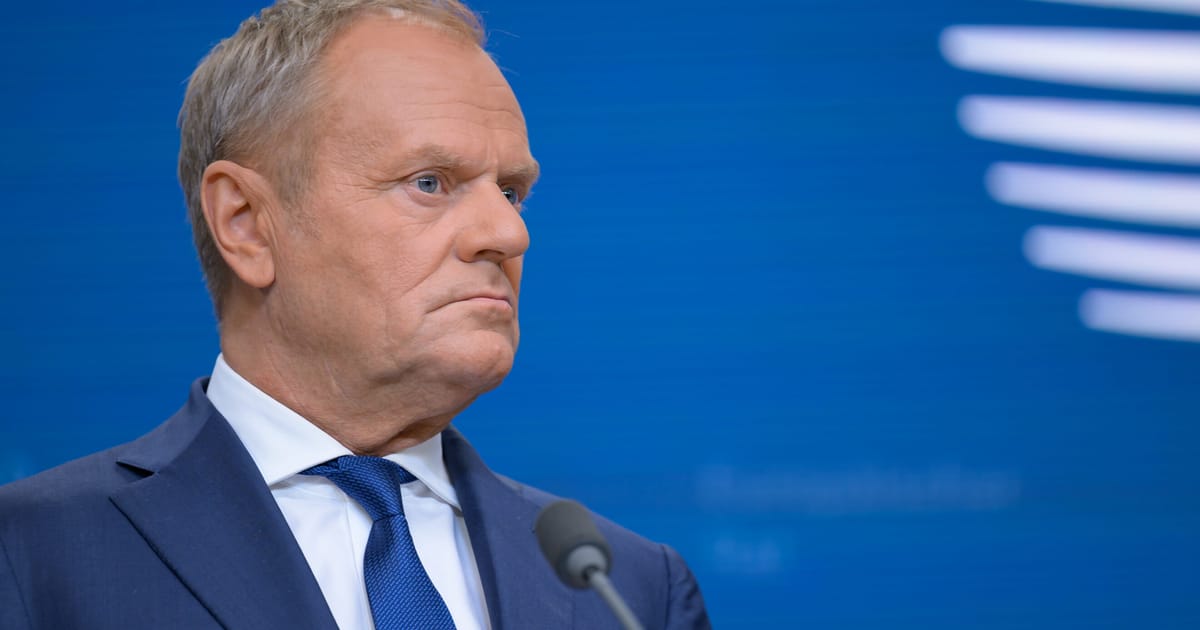

In a world filled with constant change, several events are unfolding that shape politics, policies, and personal freedoms globally. This report delves into significant developments across Poland, Chile, the United States, and Algeria, offering a snapshot of how nations are navigating internal and external challenges.
In light of increasing concerns over illegal immigration, Poland has announced the imposition of border checks with Germany and Lithuania. This decision comes amidst growing tensions within the Schengen Area, known for its policy of free movement among European Union states. Poland’s government aims to fortify its borders to better manage the flow of people, a move they believe essential for national security and immigration control. While this measure is poised to address pressing security concerns, it also signifies a shift in Poland’s approach towards its neighboring countries, adapting to the evolving dynamics within the European free travel zone.
Turning to South America, the political landscape in Chile is witnessing significant shifts. Jeannette Jara, a former labor minister and prominent figure in the Chilean Communist Party, has emerged as the candidate for the ruling coalition in the impending November elections. Securing over 60% of the votes in the primary for leftwing parties, Jara’s victory represents a decisive endorsement by her peers. Her ascension to candidacy occurs during a critical period as Chile grapples with economic challenges and seeks to navigate a path that balances progressive policies with practical governance. Jara’s leadership will be pivotal as she faces contenders from center-right and far-right factions, both of which have gained traction among the electorate.
In a move that could reshape the geopolitical climate in the Middle East, former U.S. President Donald Trump signed an executive order to lift certain financial sanctions on Syria. This decision reflects a strategic shift aimed at fostering stabilization in the wake of significant political changes within Syria, including the removal of Bashar al-Assad from power. The White House articulated that this easing of sanctions could pave the way for broader economic recovery and international reintegration for Syria, potentially alleviating longstanding economic strains. While the complexities of international diplomacy are manifold, this development underscores a renewed attempt at reconciliation and progress in a region often characterized by its enduring conflicts.
The realm of literature and free expression is at the forefront in Algeria, where the fate of Franco-Algerian writer Boualem Sansal hangs in the balance following his legal entanglements. After receiving a five-year prison sentence, Sansal’s predicament has become a focal point in the diplomatic frictions between France and Algeria. The resolution of his case might depend on a presidential pardon, highlighting the intricate relationship between artistic expression and political forces. As the international community looks on, this situation raises questions about freedom, creativity, and the bounds of state intervention.
Each of these scenarios reflects broader themes of sovereignty, governance, and individual rights that are emblematic of our times. As countries navigate their unique challenges, these stories offer insights into the complexities and opportunities that lie at the intersection of domestic policy and international relations. Through careful consideration and engagement, nations continue to seek balance and progress as they shape their futures. By examining these developments, one can appreciate the diverse narratives that collectively influence the global stage.
Source: {link}
